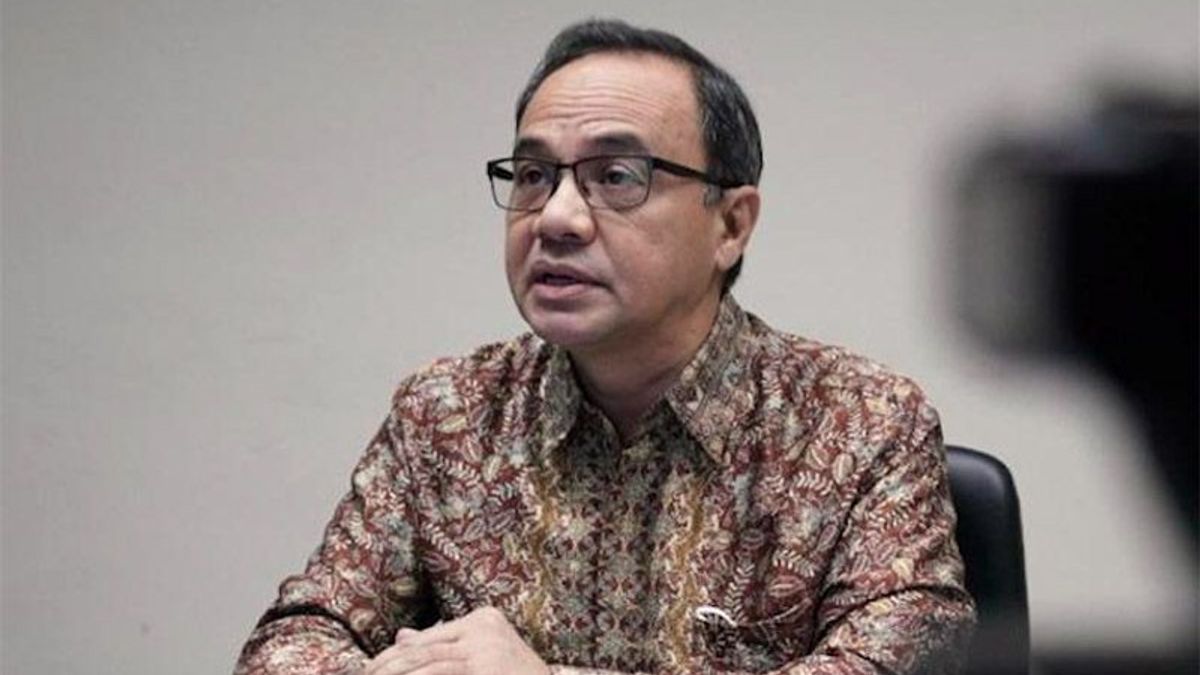JAKARTA - The Ministry of Foreign Affairs has responded to complaints from the Cross-Forum of the Ministry of Foreign Retirement (FLAPK) regarding the right to a basic salary in the country that has not been granted.
According to the Spokesperson for the Ministry of Foreign Affairs, Teuku Faizasyah, since 2013 the Ministry of Foreign Affairs has reactivated domestic salaries for its employees who are being assigned abroad, based on a review of the 1950 salary policy.
"However, during assignments to Indonesian representatives abroad, employees still earn income in the form of overseas livelihood allowances," said Faizasyah as quoted by ANTARA, Tuesday, August 1.
Realizing that the policy will not be able to meet the expectations of all parties, said Faizasyah, the Ministry of Foreign Affairs respects the aspirations expressed by FLAPK.
The Ministry of Foreign Affairs emphasized that members of the forum remain and will always be part of the Ministry of Foreign Affairs' big exit, underlining that the conditions they complain about are also experienced by a number of active ASN in the Ministry of Foreign Affairs, including the current leadership.
"The Ministry of Foreign Affairs always opens space for discussion through internal mechanisms if there are aspirations from all its employees, including meetings with FLAPK leaders and members in 2019," he said.
Faizasyah explained that the issue related to domestic salary raised by FLAPK had previously entered the litigation route in 2022 through an Application for Objection to Material Test Rights against Article III paragraph C of the Circular Letter of the Secretary General of the Ministry of Foreign Affairs Number 015690 dated October 16, 1950 to the Supreme Court of the Republic of Indonesia.
"The Supreme Court has issued a decision that the request is declared unacceptable," said Faizasyah.
另请阅读:
Previously, FLAPK complained that retired Ministry of Foreign Affairs employees who had served in Indonesian representatives abroad only received a foreign livelihood allowance.
The retired Ministry of Foreign Affairs admitted that they received discriminatory treatment because the ASN who had been assigned to representatives of the Republic of Indonesia abroad in the years before January 1, 2013 did not receive a basic salary in the country, different from other ASN after that year.
The English, Chinese, Japanese, Arabic, and French versions are automatically generated by the AI. So there may still be inaccuracies in translating, please always see Indonesian as our main language. (system supported by DigitalSiber.id)

















